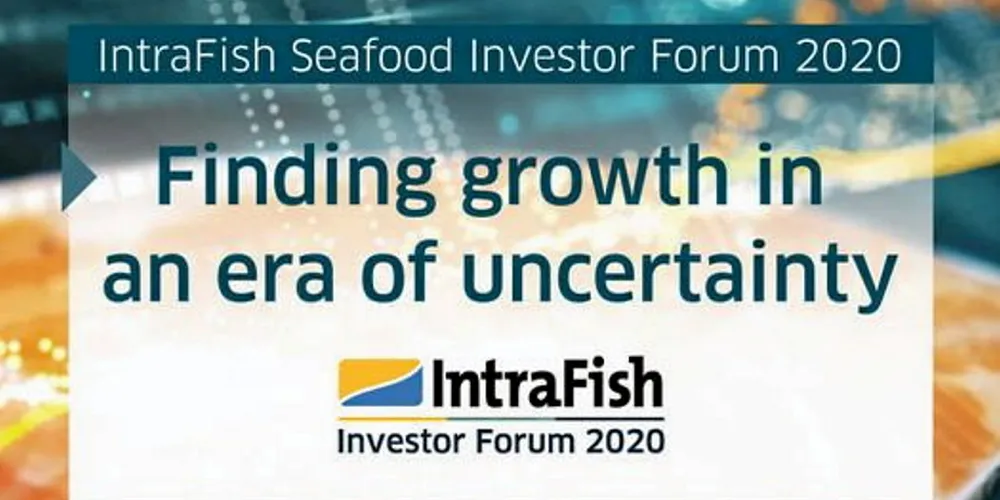Seafood Investor Forum: A tsunami of new investment is headed into the fisheries, aquaculture and oceans sectors
Top executives from across the global seafood and aquaculture industry are gathered online for the industry's most elite gathering of seafood executives and investors. Keep up with the discussion here.
